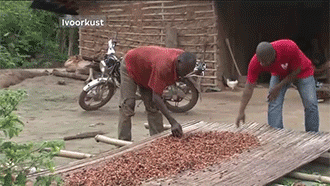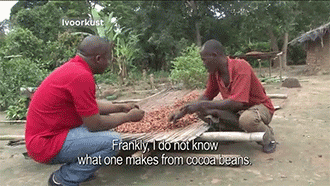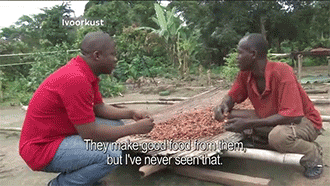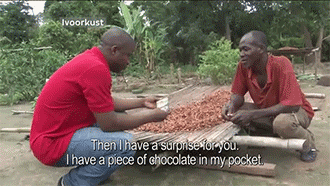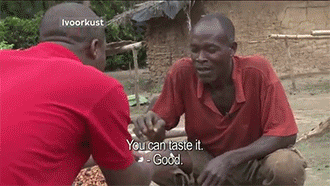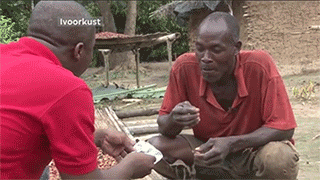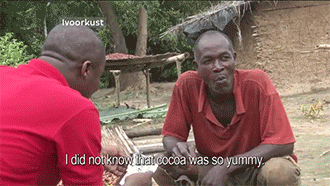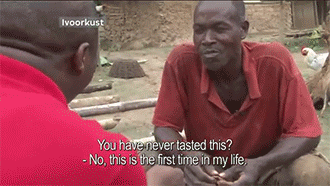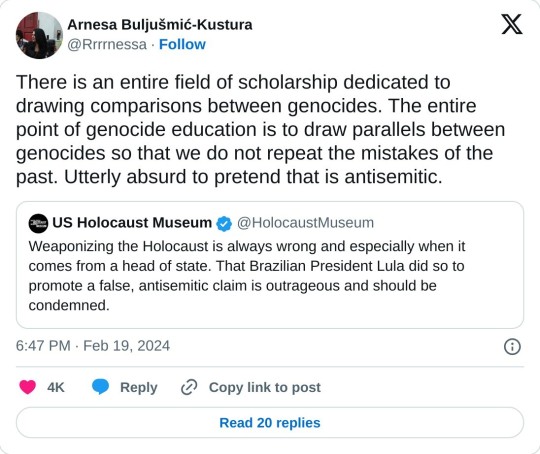Text
Be careful if you find yourself in a place where only acceptable truths are allowed. Taboos are a sign of insecurity. Only fragile castles need to be protected by the highest of walls. The best answers are discovered not by eliminating competing answers, but by engaging with them. And engagement happens in groups built, not on taboos and dogma, but on a foundation that celebrates diverse thinking.
Ozan Varol
17 notes
·
View notes
Text
You ruin your life by tolerating it. At the end of the day you should be excited to be alive. When you settle for anything less than what you innately desire, you destroy the possibility that lives inside of you, and in that way you cheat both yourself and the world of your potential. The next Michelangelo could be sitting behind a Macbook right now writing an invoice for paperclips, because it pays the bills, or because it is comfortable, or because he can tolerate it. Do not let this happen to you. Do not ruin your life this way. Life and work, and life and love, are not irrespective of each other. They are intrinsically linked. We have to strive to do extraordinary work, we have to strive to find extraordinary love. Only then will we tap into an extraordinarily blissful life.
Bianca Sparacino
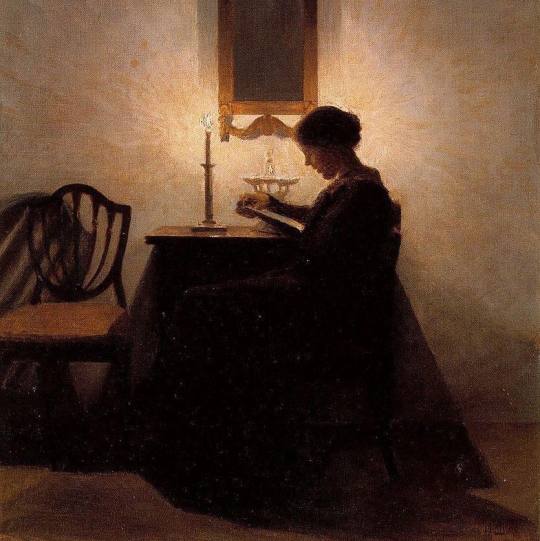
181 notes
·
View notes
Text
I just Hope BRICS Is an Alignment that Serves Humanity and gives it Freedom.
0 notes
Text
I confuse people. i have a happy personality and a sad soul. i'm bold but shy. i love deeply but sometimes i feel heartless. i'm healing and hurting at the same time. i'm dedicated to growth, but i self sabotage
32K notes
·
View notes
Text
As a society, we assume that humans naturally run from emotions like suffering, helplessness, and hopelessness, but the truth is these emotions are highly addictive and far easier to indulge in (in a perversely satisfying way) than positive emotional subsets. Better yet, when you convince others of your helplessness, some people begin to regard you as a victim—someone to be adored and protected.
Simone Collins, The Pragmatist’s Guide to Crafting Religion
104 notes
·
View notes
Text
Orwell warns that we will be overcome by an externally imposed oppression. But in Huxley's vision, no Big Brother is required to deprive people of their autonomy, maturity, and history. As he saw it, people will come to love their oppression, to adore the technologies that undo their capacities to think.
What Orwell feared were those who would ban books. What Huxley feared was that there would be no reason to ban a book, for there would be no one who wanted to read one. Orwell feared those who would deprive us of information. Huxley feared those who would give us so much that we would be reduced to passivity and egoism. Orwell feared that the truth would be concealed from us. Huxley feared the truth would be drowned in a sea of irrelevance. Orwell feared we would become a captive culture. Huxley feared we would become a trivial culture, preoccupied with some equivalent of the feelies, the orgy porgy, and the centrifugal bumblepuppy.
As Huxley remarked in Brave New World Revisited, the civil libertarians and rationalists who are ever on the alert to oppose tyranny "failed to take into account man's almost infinite appetite for distractions." In 1984, Orwell added, people are controlled by inflicting pain. In Brave New World, they are controlled by inflicting pleasure. In short, Orwell feared that what we fear will ruin us. Huxley feared that what we desire will ruin us.
Neil Postman, Amusing Ourselves to Death: Public Discourse in the Age of Show
111 notes
·
View notes
